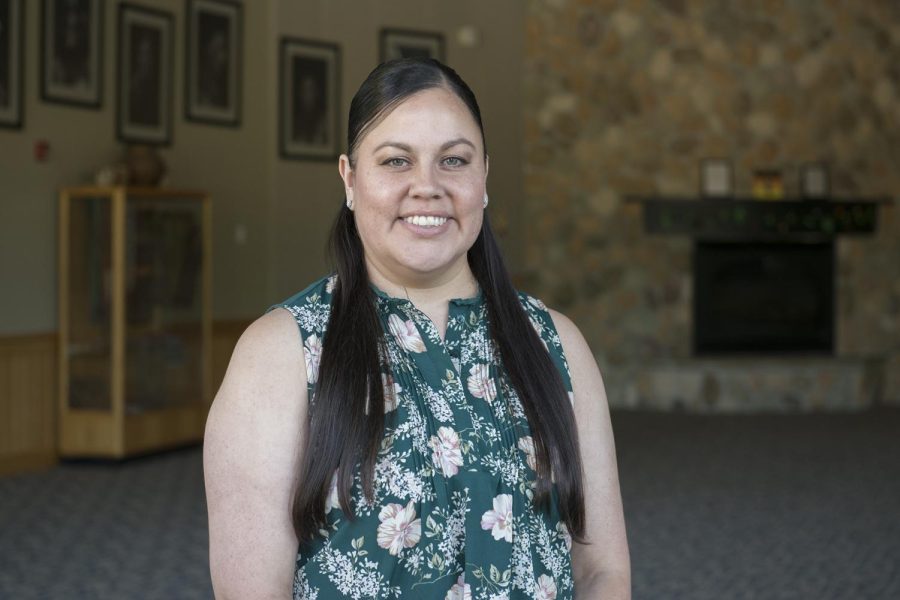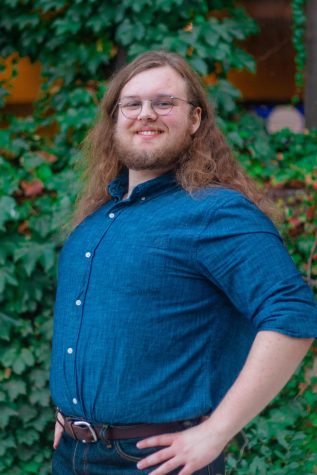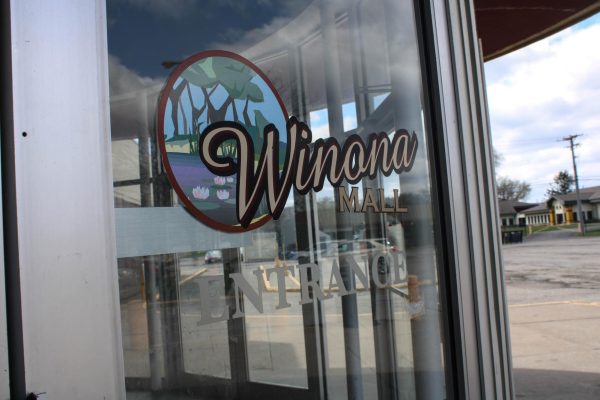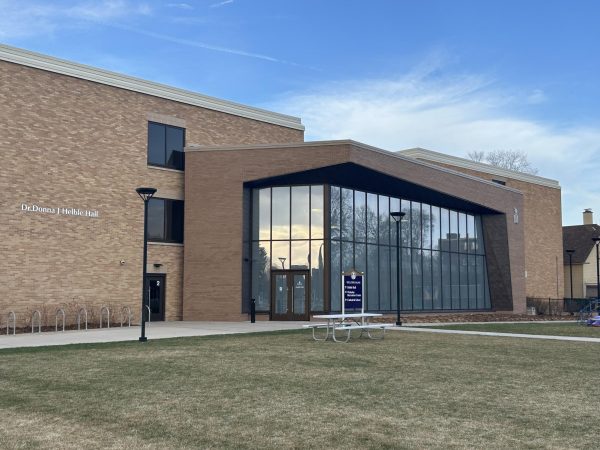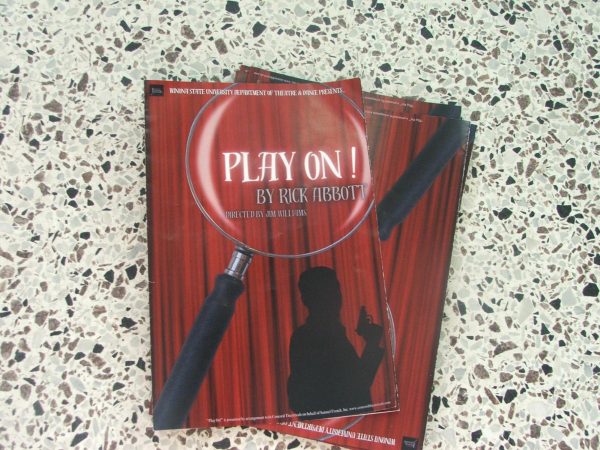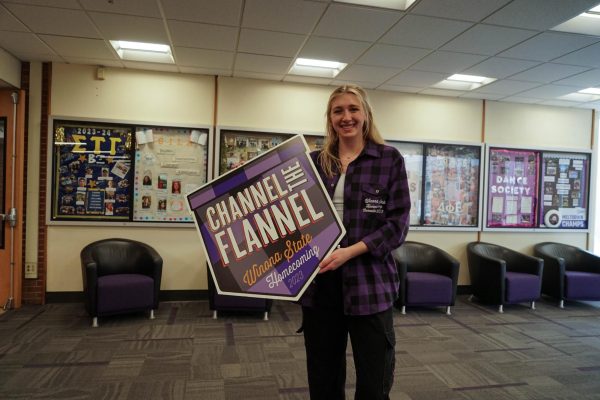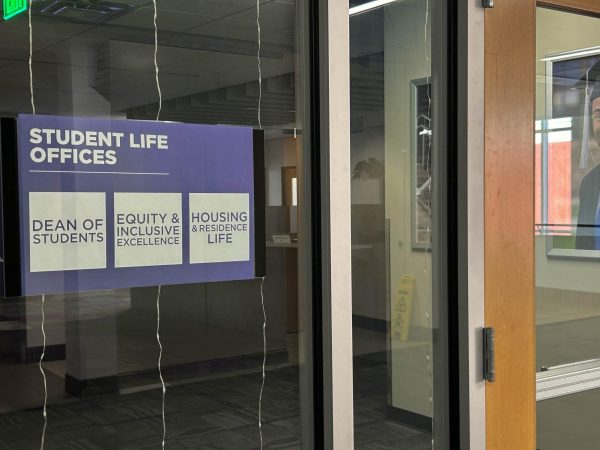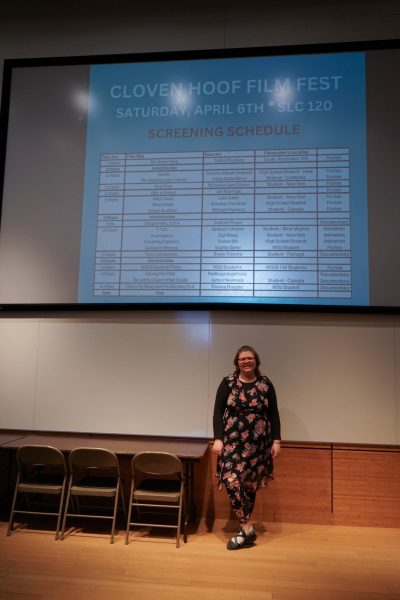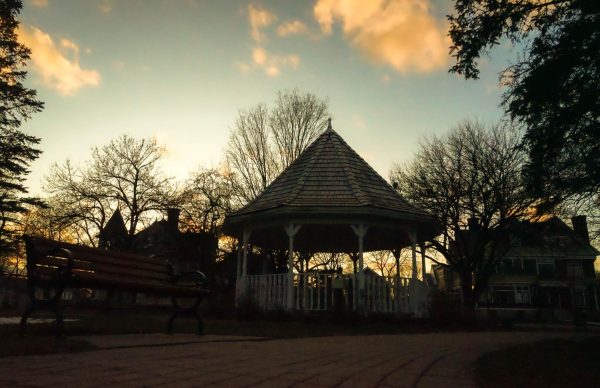Winona State hosts Delana Smith for talk on cultural empowerment
Contributed by: Bemidji State University
Dr. Delana Smith. Smith participated as a keynote speaker over Zoom on Oct. 3 and discussed her experiences as an Ojibwe Native American in the American education system – both a student and an instructor.
October 12, 2022
Last Monday, Oct. 3, Winona State University hosted a virtual seminar for keynote speaker Dr. Delana Smith for her talk entitled “Clearing the Trail for Those Behind Me”. The event was organized by Dr. Darcie Anderson and Dr. Brooke Boulton for the university theme: purpose, empowerment and persistence.
The subject of Smith’s talk was stories about her experiences as an Ojibwe Native American in the American education system as both a student and an instructor. Smith shared these stories to empower students and professors of color and to embrace their own cultures as she did.
Smith started her talk by presenting a photograph of her as a child surrounded by her white friends, saying that “I stood out.”
Smith attended public school in Maple Grove, Minnesota, where she was the only indigenous student. Smith stated that her counsellor said that because of this, she would not amount to much, though she added that she was not sure if the counsellor was being hateful or pushing her to do better in school.
Overall, Smith described her experience as an indigenous student in the American education system by saying, “I hated school.”
During high school, Smith skipped classes a lot. She said that she was once kicked out of her history class for pointing out that Hitler based concentration camps off the model for how Americans dealt with the indigenous people. Instead of discussing this openly, Smith was advised to stay silent on the matter.
Despite all this, Smith said that her family and her culture is what got her through school.
Smith told those in attendance about her father confronting her principal when being accused of something she was not present for. Another story she told was of how her mother taught her to be proud of her accent which she said she was self-conscious about at the time.
“Family is what helps students persist,” Smith said.
When Smith was hired for her first teaching position, she was given much spotlight for being the first Native American professor hired by that institution. Smith went on to state that she did not like this spotlight.
When she began teaching, Smith wondered, “what would my ancestors think of me?”
Smith explained that in traditional Ojibwe culture, knowledge was passed down from stories and that formal education was not seen as being for them. Smith wondered if her ancestors would think of her as a traitor or a warrior, not only receiving a formal education but going far enough to achieve her doctorate.
Near the end of her talk, Smith emphasized the importance of having discussions about culture in the classroom. Smith shared some of her own examples of how she has brought culture into the classrooms at the school she is now principal of.
Smith has introduced cultural classes such as Ojibwe language courses, woodworking and beading.
When a student makes a mistake when talking about culture or other sensitive issues, Smith likes to “make them into teachable moments.”
Many professors from Winona State were present for Smith’s talk on culture and empowerment.























































